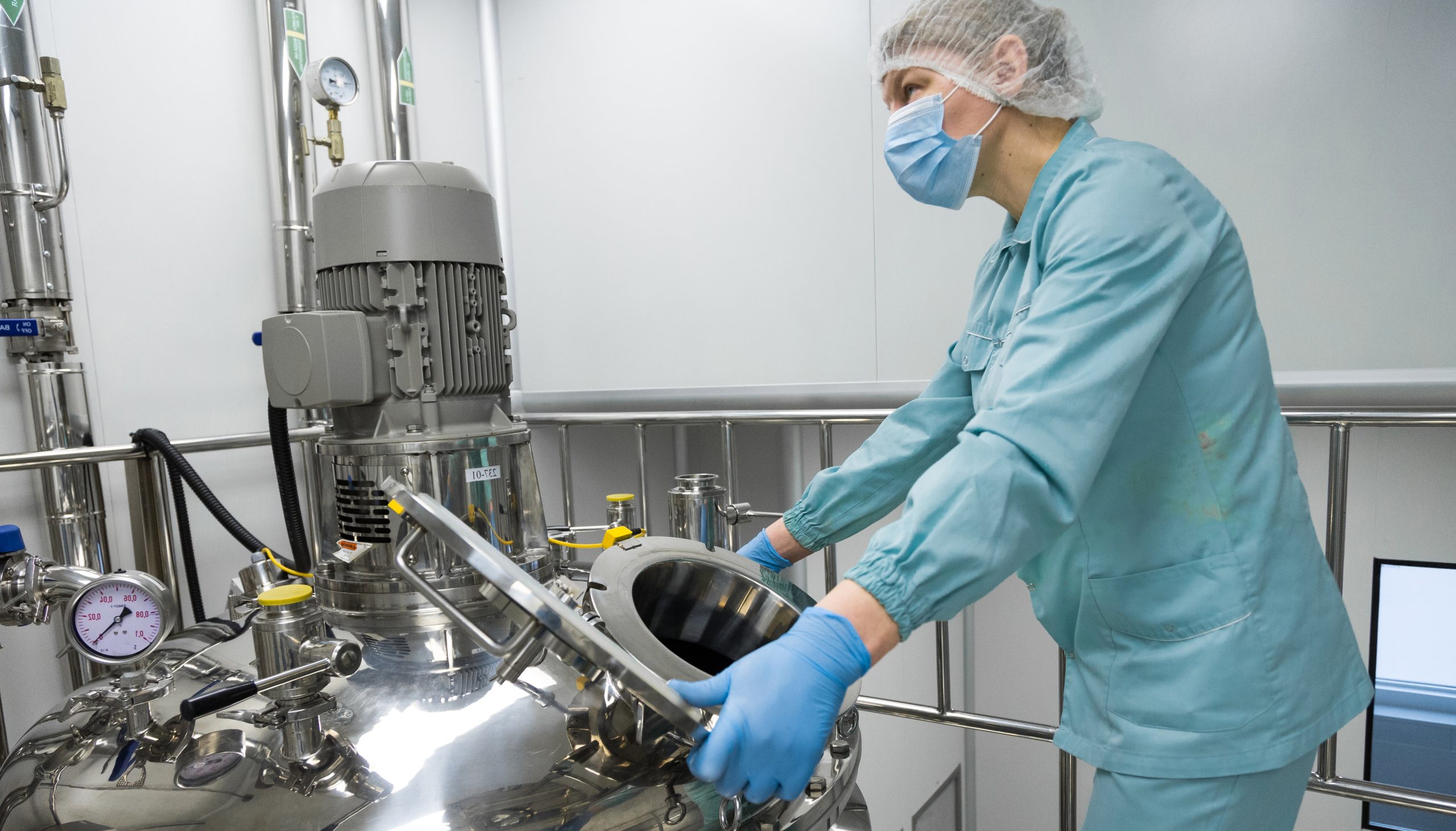How does one turn a promising gene therapy from a concept in the lab into a life-altering medicine for millions? All drugs face complex journeys from the laboratory to the market, but cell and gene therapies require specific differentiated expertise and uniquely advanced infrastructure.
Contract Development and Manufacturing Organizations (CDMOs) play a role here. They provide the techniques, unique infrastructure, and assistance with regulations required to accelerate these therapies from the laboratory to the market.
This increased demand for CDMO services has led to a global compound annual growth rate of 17.5% expected in the cell and gene therapy CDMO market between 2023 and 2029.
Read on further to explore how CDMOs are leading the charge in bringing Cell and Gene Therapies (CGTs) to market, focusing on their capabilities in operations, market dynamics, and strategic partnerships.
What is the role of CDMOs in managing complex manufacturing processes?
Cell and gene therapy manufacturing is no more straightforward than making most traditional drugs. Since these treatment therapies consist of ‘unique components,’ such as viral vectors or patient-specific cells, they require high precision and specialized processes for handling them.
- Cell Sourcing: This step involves sourcing cells, either autologous or allogeneic. The isolated cells must be viable, contamination-free, and suitable for further downstream. Cell sourcing is one area where the CDMOs have immense accountability regarding donor screening and testing to ensure compliance with regulatory guidelines.
- Viral Vector Production: Viral vectors facilitate the transduction of genes into cells, thereby forming the foundation for most gene therapies. Production, therefore, requires the best technology to guarantee the highest yields, quality, and compliance with regulations. CDMOs have all the necessary experience and facilities to conduct such production in strict conditions.
- Cell Manufacturing: In the case of autologous therapies, this will involve cell collection, modification, and expansion, followed by the return of these to a patient. In the case of allogeneic therapies, consistency in manufacturing is critical to ensuring the same result in multiple doses. CDMOs make all this more accessible by reducing time and risk through their infrastructure and expertise.
What problems do CDMOs help solve when navigating the complexities of regulations?
The landscape for cell and gene therapy regulations continues to change, making compliance challenging for biotechnology companies.
CDMOs provide this foundation:
- Regulatory Affairs Expertise: CDMOs help clients prepare IND filings, ensure GMP compliance, and interact with regulatory agencies, such as the FDA, EMA, etc. Experience makes passage through the maze of regulatory authorities easier, which is essential to the approval of therapies to enter clinical trials and commercialization.
- Quality Assurance: In a CGT, strict quality control can be implemented to ensure the product’s safety and efficacy. CDMO services have quality management systems that guarantee every batch meets the highest quality and safety standards, which is essential to pass an examination by regulatory bodies and to ensure patient safety.
Why Are CDMOs Important for Achieving Cost Efficiency and Resource Optimization?
In-house manufacture of CGTs is highly costly, which is too high to be accessed by small-sized biotech firms. Collaboration with CDMO pharma companies drastically reduces costs.
- Substantially Low Capital Expenditure: Manufacturing CGT requires sophisticated equipment and facility structures, which demand massive capital. Outsourcing to CDMO services can save vast amounts of investment and utilize available research and clinical testing resources.
- Economies of Scale: Because CDMOs manufacture treatments in high volume, they naturally achieve economies of scale. Overheads are shared when manufacturing goods for multiple customers, while production schedules are optimized to reduce overall costs per customer.
How are technical innovations CDMOs Used to accelerate the commercialization of cell and gene therapies?
CDMOs are at the forefront of leveraging technologies that drive greater efficiencies in pharma contract manufacturing and product quality for CGTs.
- Single-Use Technologies: Single-use technology is installed in almost every CGT production to minimize the risk of cross-contamination to a significant extent. Critical in shifting from one production campaign to another, this flexibility is most relevant for personalized therapies as each is unique for every patient. This single-use flexibility allows CDMOs to speed up production timelines without compromising quality.
- Automation and Digital Solutions: Automating cell culture and manufacturing processes reduce the human factor input to ensure fewer errors and higher consistency. In addition, CDMOs are embracing digital solutions that facilitate real-time data sharing between the manufacturing team and the client. Transparency will further accelerate timelines for the commercialization of CGT as decisions will quickly be made while coordination will be better.
What can be done by the CDMOs to accelerate time-to-market?
Speed is of the essence for cell and gene therapies—the sickly cannot wait years for new treatments to be developed and approved. CDMO companies cut down on the timelines for such therapies in so many ways:
- Streamlined Process: CGT production within a CDMO allows rapid scale-up from lab-scale to clinical and commercial production. Modular cleanroom technology can be quickly up and running, flexible, and GMP compliant.
- Concurrent Activities: The development model is a step-wise process. However, through CDMOs, various procedure steps can be progressed in parallel. For example, process development, analytical testing, and regulatory documentation can be carried out simultaneously. That way, the entire development cycle could take a few months less.
Final Thoughts
It will significantly depend on the agility of CDMO services in responding to the ever-changing market requirements. With new technologies, more advanced manufacturing techniques in CDMO services like continuous processing will increase efficiency and lower costs. Integrating AI and ML into the production stage will also pave the way for predictive risks and smoothen the way to enter the market from the lab.


